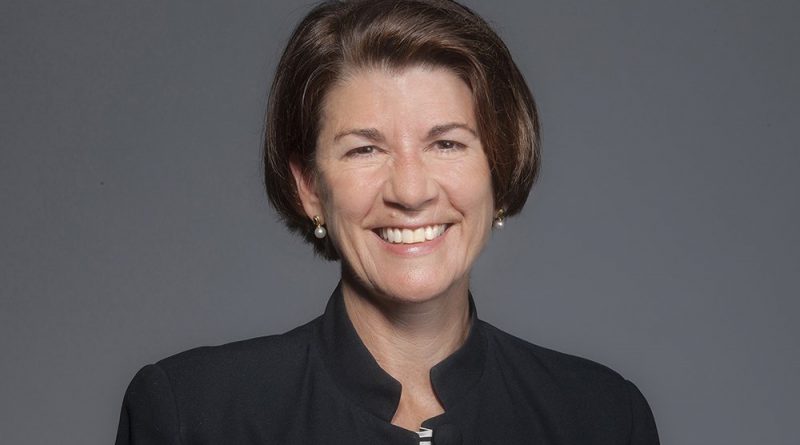Ask Amy: Cousin wants to disclose DNA difference
Dear Amy: My uncle has four daughters, each about two years apart in age, but his oldest daughter never really fit in.
Their mom obsessed over the three younger girls and mostly ignored her eldest.
As adults, the three younger sisters learned from a drunken aunt that their dad isn’t the oldest daughter’s biological father.
It turns out their mom was pregnant with her when she met her husband (in a bar). The daughters are all now in their 50s and for decades everyone in the family has known — except her.
I’ve always believed that someone should tell her. Her father and sisters have said it wasn’t their secret to tell — it was her mom’s, who died two years ago.
In the past few years, the oldest daughter has cut off all ties to her family.
When she didn’t go to her mom’s funeral, her father cut her out of his will without telling her.
There are complicated family dynamics, to put it mildly (her mom was a severe alcoholic and emotionally abusive).
I’m just a cousin, but I believe that someone should tell her.
It may be because I’m adopted, but I think that her DNA is something she/anyone should know, especially since dozens of other people know about it.
Should I be the one to tell her?
— Concerned Cousin
Dear Concerned: According to you, your cousin has been excluded since childhood and is now completely cut off from her immediate family.
In addition to other dynamics you describe, secrets also separate family members, interfering with relationships.
Your insight as someone who was adopted into the extended family is helpful. Your relative distance as a cousin might make this encounter easier for her.
She already knows she doesn’t “belong” with her kin, she likely already suspects that she has a different father from her siblings, or she may have already had her own DNA sampled.
Yes, I think this is a topic you should broach with your cousin. She has the right to know what so many others already know. One can hope that discovering another group of DNA relatives will bring her into a more deserving family fold.
Dear Amy: More and more people seem to use their speaker phone when they’re on personal calls.
This makes it very difficult to have any comfortably “private” conversations, because very often you don’t know the phone is on speaker until someone in the room replies to something you thought you were discussing privately!
I’ve asked and re-asked that they let me know when my calls are being broadcast.
The answer I get most often is: “We have no secrets here” or, “When we get to talking about private things, I turn it off.”
That’s fine for them, but it doesn’t help me.
All too often, I have to think back on our conversation to assure myself that nothing untoward was discussed before realizing I was likely sharing my private thoughts with brothers, sisters, mates, the dog or cat.
Please, what more can I do to stop this great invasion of my personal privacy?
— Angry and Frustrated
Dear Angry: Some people reflexively use their speaker because they can’t hear phone calls well unless they do.
You can usually tell if your call is being broadcast by a somewhat echoing sound on the other end — or of course if the other person’s dog barks when you say its name.
It is considered common courtesy to immediately tell someone if their call is on speaker. In your case, you should assume that you are always being broadcast, and so you should be extremely judicious with any comments you make.
Technology has made it almost impossible to maintain a completely private utterance. Texts can be screenshot and shared, emails can be forwarded and broadcast far and wide, and videos of anyone demanding to see the manager will go viral.
Perhaps this will usher in a surprising consequence — more judicious behavior, as well as a renewed respect for privacy — both yours and others’.
Dear Amy: “Drafted into Drama” was exhausted by a new friend’s relentless negativity.
Since this is a new friend, I suggest that Drafted tell her how negative and self-focused all her conversations are.
Recommend she volunteer or take a class to find new, positive things to talk about — or the friendship is over. It might be the wake-up call she needs.
I did this with a family member, and it worked! He altered his behavior and preserved the relationship.
— Honest
Dear Honest: Well done!
(You can email Amy Dickinson at [email protected] or send a letter to Ask Amy, P.O. Box 194, Freeville, NY 13068. You can also follow her on Twitter @askingamy or Facebook.)
Subscribe to our weekly newsletter, In The Know, to get entertainment news sent straight to your inbox.
Source: Read Full Article


